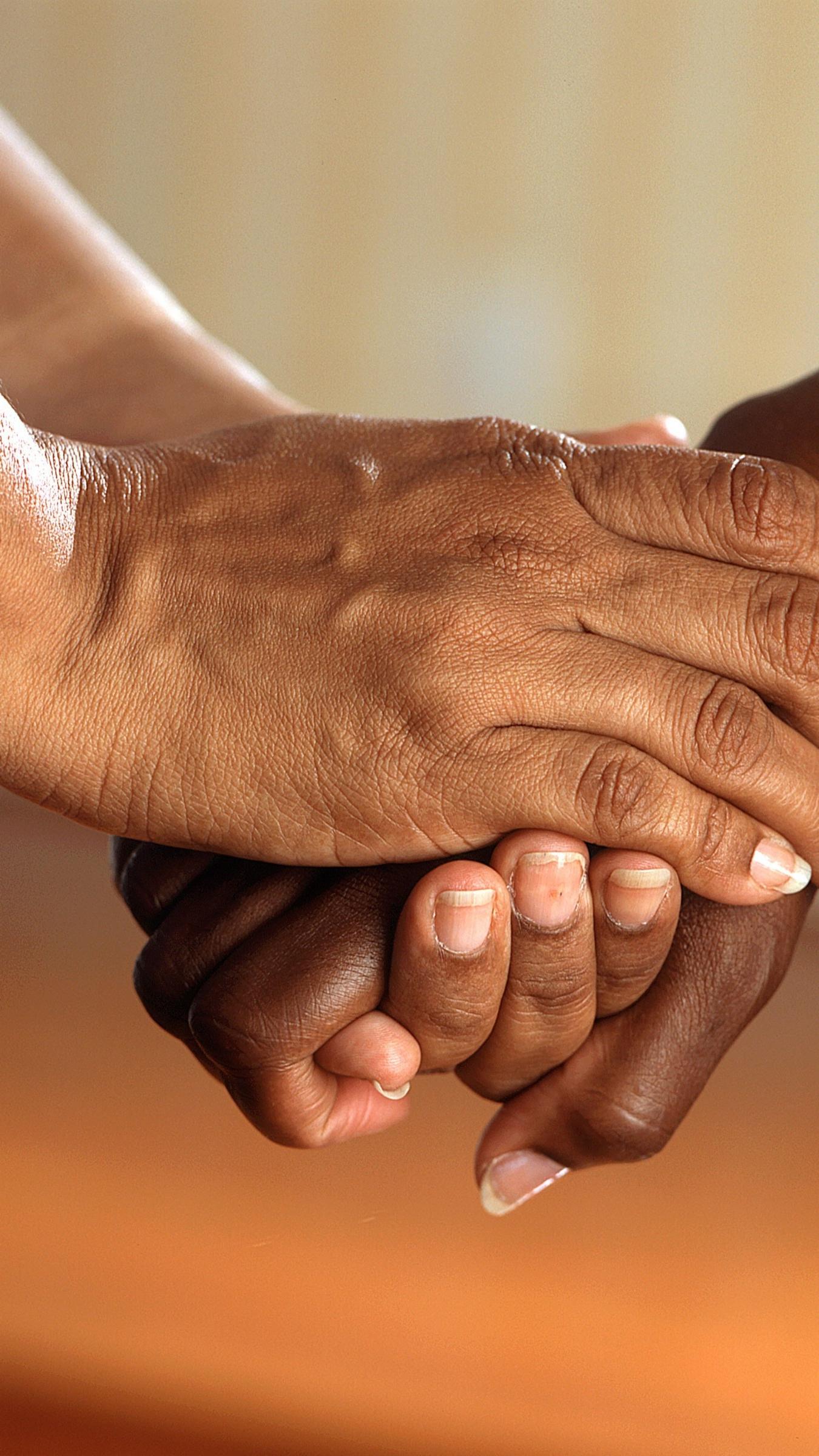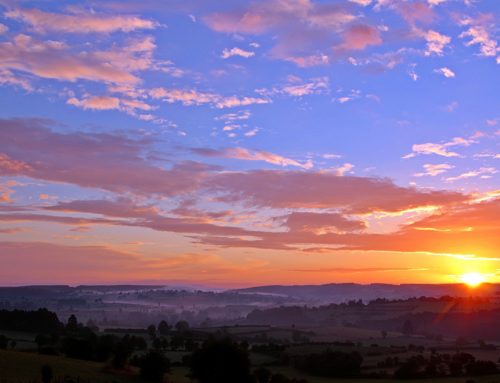The recent demonstrations in the USA and across the world sparked by the avoidable and tragic death of the Afro-American George Floyd, are a vivid reminder of the insidious hold that racism has over so many.
We are constantly reminded by news broadcasts and social media of the tensions, rivalries, jealousies, fears and brokenness that characterise our human life, so vividly portrayed by the ancient writer in the story of the Tower of Babel. Division, mistrust, greed and a desire for power so often distorts what God intends for us which so easily spirals into chaos. What is also disturbing is that within the church there is a tendency to underestimate and downplay the power and impact of evil in our world, preferring to talk about the positives, about original blessing rather than also ‘the Fall’!
However, the Bible is very realistic about the brokenness of human life as well as the remedy to that brokenness.
It is not just in the creation stories of Genesis that God brings order out of chaos. On the contrary the whole record of the Bible tells how God constantly brings order to our chaotic world, facing evil and injustice and naming it for what it is.
The constant call to admit to ourselves what we have done or failed to do which characterises the liturgy of the church Sunday by Sunday in the prayers of Confession, is lived out in the Biblical narrative where we see people’s lives turned around by the grace of God. The quiet yet powerful word of grace Jesus gives to the woman caught in adultery applies to us all: ‘Woman, has no one condemned you? She said, ‘No one sir.’ And Jesus said to her, “Neither do I condemn you. Go your way, and from now on do not sin again.” It’s that chance to set things right, to take a better path, to learn from our mistakes that makes this encounter good news for this woman and for us.
In terms of the ‘Black Lives Matter’ movement there is a real need for us all, individually but also governments and leaders of nations to do the hard task of seriously addressing racism and giving strong leadership on this. We could all learn from the former Archbishop of South Africa, Desmond Tutu, in describing his nation as a ‘rainbow people’, a multi-coloured nation of race and a kaleidoscope of tradition, of language, and history that when honoured and respected enriches us all.
The powerful message of the biblical narrative is that God has made us all – irrespective of the colour of our skin – in God’s image. We are brothers and sisters called to reflect in our personal and corporate lives the likeness and justice and goodness of God.
God’s answer to the chaos of the Tower of Babel is to call Abraham! That is God calls individual people to follow the vision and purpose of God, so that God can work through them to heal and restore the earth. Moses, Elijah, Mary and Paul are but a few names of people God used alongside so many others throughout history, including Winston Churchill who played an important role in standing up to Hitler in the Second World War, at a time when so many other leaders capitulated and failed to stand against Hitler. I mention Churchill particularly as we have become more aware recently that Churchill held some racist views, which I deplore.
The liberating and powerful message of the Bible is that God is able to use us often despite ourselves.
Everyone God calls is flawed in some way, even Abraham in our reading today who at Sarah’s insistence casts out Hagar and Ishmael to fend for themselves in an unrelenting desert.
The reality is that we are all fragile like clay jars as Paul says, but God has placed within us the light of the knowledge of God – the power of love, the awareness that we are treasured and trusted to share Good News, the ability to forgive and be forgiven – that leads us to be people of reconciliation.
Peter





